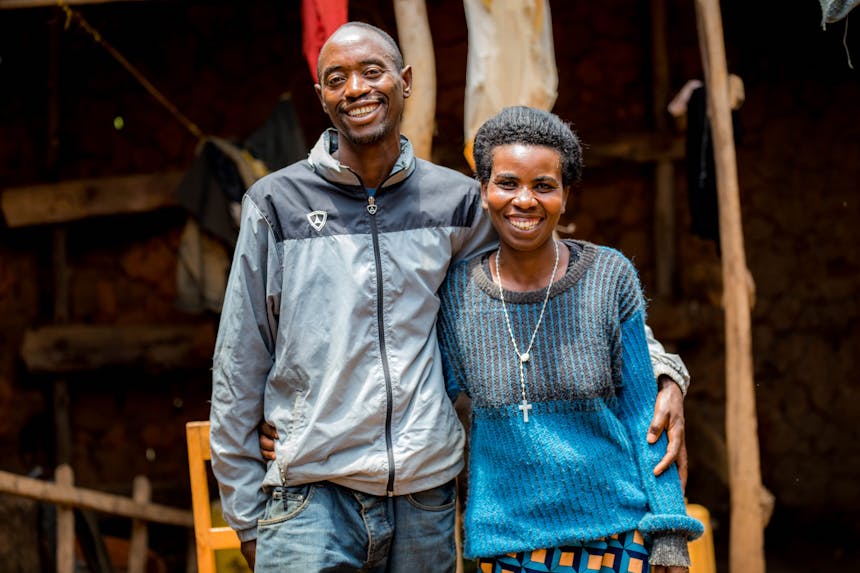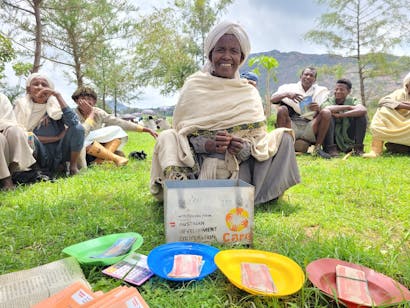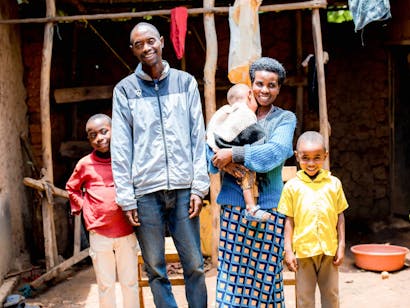Shifts in Social Norms

- In EVC, campaigning was used as a tool to promote inclusive governance and multiply lobby and advocacy efforts. Campaigns occurred in all EVC countries. They targeted women and youth, but also directly engaged power holders such as public/government authorities (all countries), clan elders (Somalia) and religious and traditional leaders (Sudan). To strengthen EVC teams’ campaigning capacities, RNW Media trained CARE staff, partner organisations, and media representatives on using creative media to change attitudes and beliefs. Following training, EVC teams implemented structured media campaigns using persuasive storytelling – an approach designed to reach target audiences through compelling stories that trigger them emotionally.
- EVC initiated a learning trajectory on ‘Transforming Governance Norms’, through a combination of research, learning by doing and partnerships and networking. Led by THA, EVC worked extensively to facilitate reflection on and changing “mindsets” among public authorities related for women’s and youth’s rights and participation in governance processes. EVC also engaged in research on Social Norms of Public Authorities and started a unique collaboration with Tufts University Corruption, Justice, and Legitimacy (CJL) programme, to learn more about how to address these norms. Additionally, EVC hosted an Expert Group on Social Norms, bringing together insights of practitioners and academics to inform and shape the discourse on social norms, particularly related to gender and inclusive governance. The Expert Group also set up a ‘Norms in Practice Lab’ aiming to translate research to practice and inform the policy agenda on sustainable development.
- Identifying and working with community role models was highly effective, Women leader role models shifted men’s perceptions of what a leader is at the community-level, challenging the idea that only men can be or are leaders. This change can provide women with critical support from relatives to take up positions of public leadership. We worked with male role models including powerholders to influence other men, as more changes are realised when people can relate to their peers and respect their positions and perspectives.


